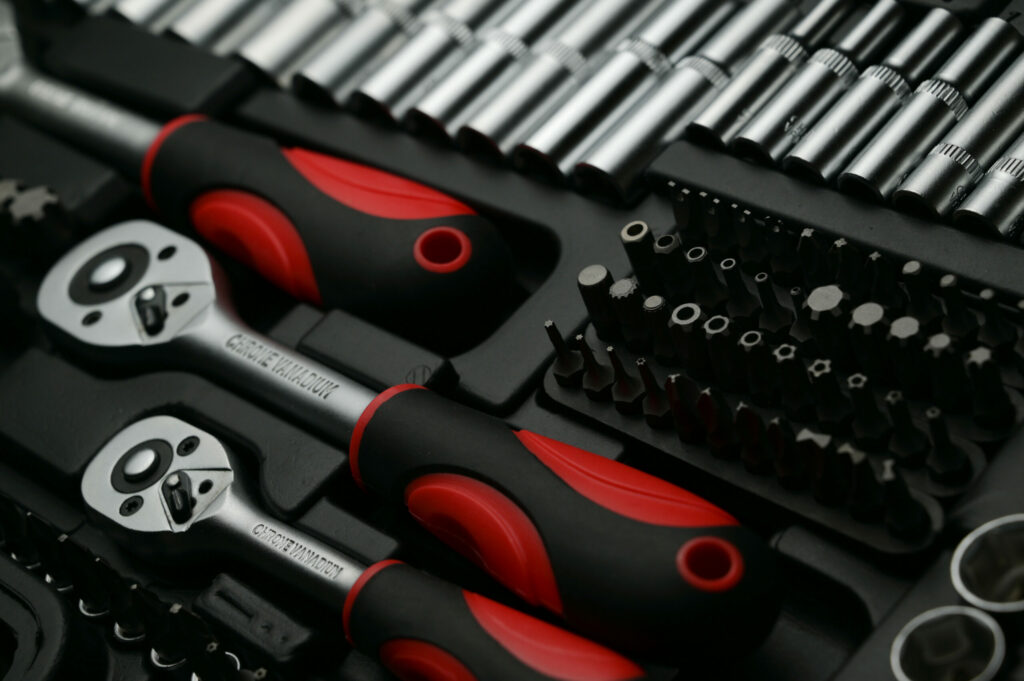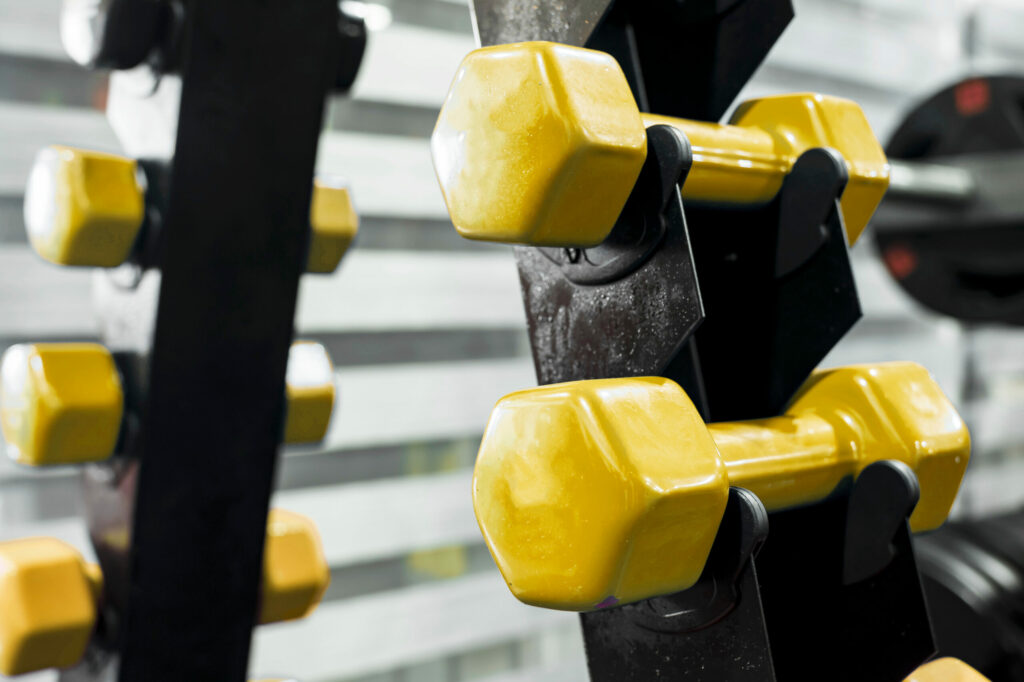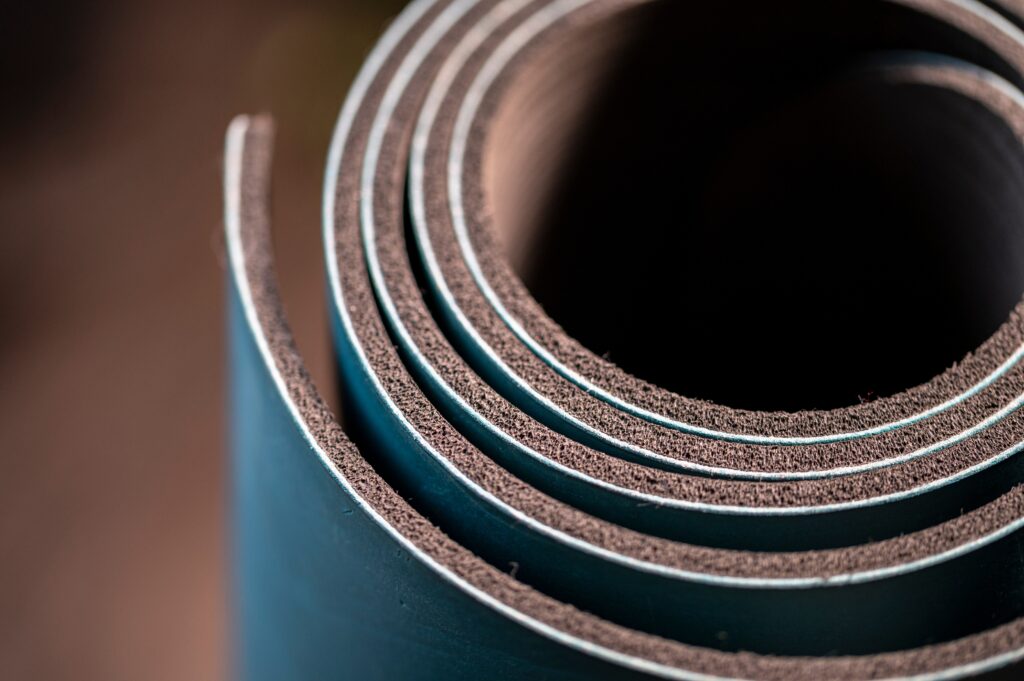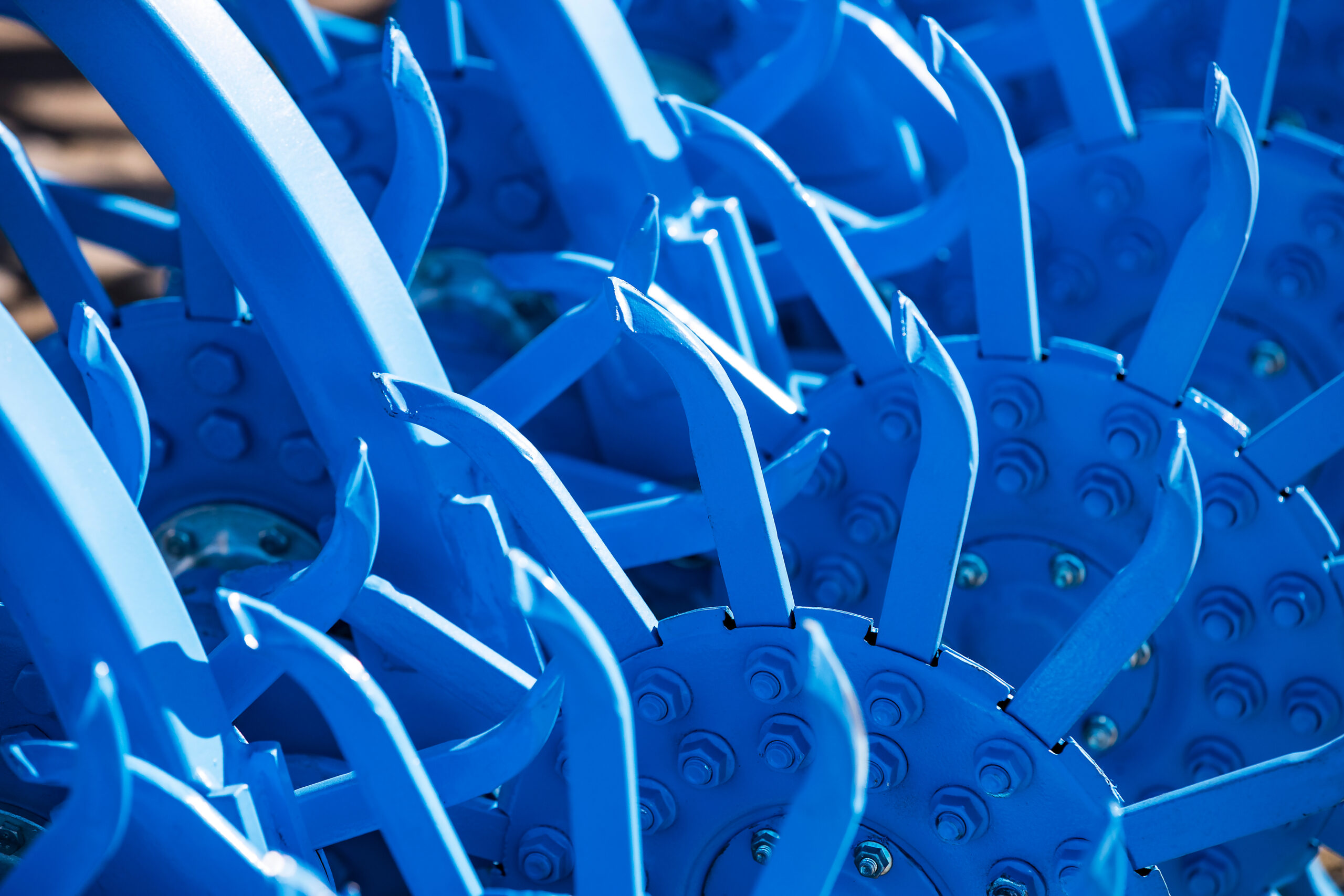PLASTISOL
speciality materials es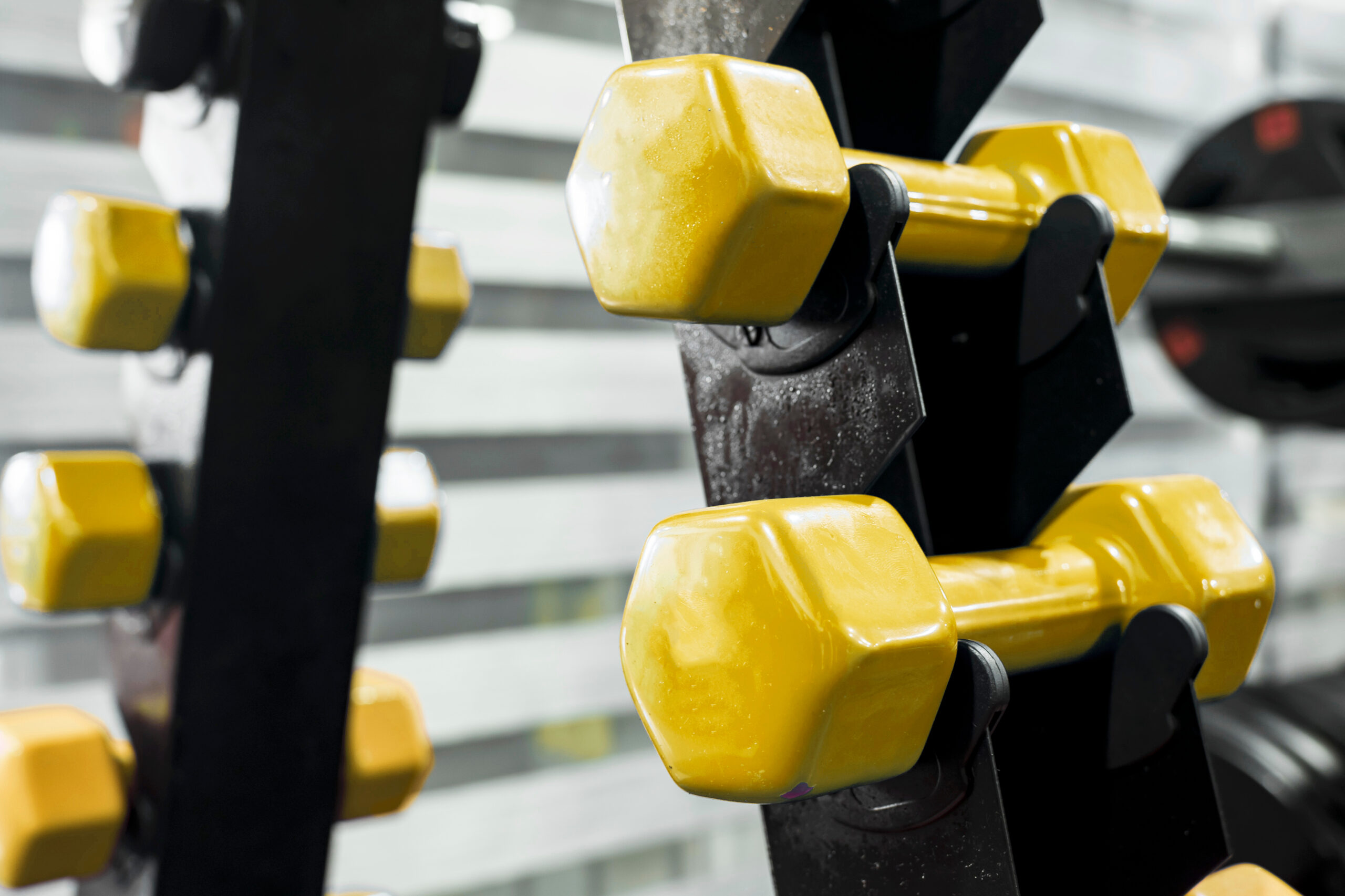
OVERVIEW
EL VINILO LÍQUIDO MATERIAL ESPECIALIZADO
Muchos productos de uso diario deben ser duraderos, funcionales y de características de alto rendimiento. Los fabricantes necesitan a menudo propiedades físicas y resistencia polivalentes para moldear o recubrir una variedad de productos.
PLASTISOL es una forma líquida de vinilo que se cura mediante calor para formar un producto final sólido. El PLASTISOL debidamente curado puede ofrecer una amplia gama de propiedades y atributos físicos, dependiendo todo ello de su formulación.
¿CÓMO SE UTILIZA?
PLASTISOL es una dispersión líquida de resina de PVC en plastificante. Se formula en base a los parámetros de proceso, las aplicaciones de uso final y las especificaciones deseadas del producto. Utilizando un extenso grupo de aditivos para materias primas, PLASTISOL es una elección increíblemente versátil de polímero.
CARACTERÍSTICAS PRINCIPALES
- Puede ser formulado para una gran variedad de aplicaciones del mercado y métodos de procesamiento.
- Optimizado para aplicaciones que incluyen recubrimiento y moldeo por inmersión, moldeo rotacional, moldeo en hueco (vaciado),fusión en caliente, tintas, recubrimiento de tejidos y adhesivos.
- Es un recubrimiento de protección, funcional y decorativo para una variedad de productos terminados, disponible en una amplia gama de propiedades y resistencias
- Fórmula sin disolventes y baja en Compuestos Orgánicos Volátiles (VOC)
OPCIONES DE COLOR
CARTA DE COLORES
Inspírese en una amplia gama de colores estándar.
Solicite la carta de colores RAL o pregunte a uno de nuestros expertos.
FORMULACIONES PERSONALIZADAS
Pregunte a su experto en formulaciones personalizadas para sus necesidades exactas
RESOURCES
COMFORMIDAD
PLASTISOL puede ser formulado para cumplir con ciertas pautas.
Pregunte a nuestros expertos para ver tipos y grados de cumplimiento, certificación o acreditación que están disponibles para su producto.
Ask our experts to see what different types of compliance, certification, or accreditation are available for your product.
RENDIMIENTO PROBADO
El PLASTISOL puede ser ensayado bajo demanda respecto a varias propiedades
- Tracción
- Desgarro
- Alargamiento
- Densidad
- Temperatura de gelificación
- Retardo de llama
- Finura de molturación
- Brillo
- Viscosidad
- Rigidez dieléctrica
- Dureza •Resistencia de enlace
- Envejecimiento por calor
- Ftalatos
APPLICATIONS & USES
Dip Coating
Dip coating is a process by which substrate material is submerged in conformal coating, then taken out and allowed to drip dry. Once the excess coating has drained, the substrate material is further dried using one of a variety of techniques.
CONSUMER GOODS & APPLIANCES
- Wire Items
- Glove Coatings
COMMERCIAL & INDUSTRIAL
- Latches & Levers
- Handles
- Tools
- Chains
Dip Molding
Dip molding is a process that’s used to create products or parts with a hollow interior. It involves submerging a mold in a bath of heated PLASTISOL and allowing it to cool. Once cooled, the hardened exterior is separated from the mold. Because the mold fills the space inside the plastic, dip molding creates products or parts with a hollow interior.
CONSUMER GOODS & APPLIANCES
- Grips
- Plugs
- Bellows
- Sleeves
- Closures
- Fishing Lures
Hot Melt
This PLASTISOL application involves heating to a molten state, and either poured or injected into a cold or room temperature mold. When cool, the hot melt is transformed into a soft, rubbery product, at which time the finished part can be removed from the mold.
ARCHITECTURAL
- Artificial Stone Wall
- Fishing Lures
Rotational Molding
Rotational molding, commonly referred to as roto-molding, is an application technique used to produce large hollow, seamless, and double-walled parts. It is a three-stage process that involves a mold on a rotating frame, a heating chamber, and a cooling chamber. Rotational molding is a non-pressure molding process, which makes the tooling of the molds less expensive since they do not have to endure the stress of being pressured
CONSUMER GOODS & APPLIANCES
- Toys
- Boat Fenders
- Sports Balls
- Mannequins
- Novelty Items
Slush Molding
The basic process of slush molding involves exposing a hollow mold to heat, filling a hollow mold with PLASTISOL, gelling an inner layer or wall of PLASTISOL in the mold, inverting the mold to pour out the excess liquid plastisol or unfused powder compound and then heating the mold again to fuse the vinyl compound which remains in the mold. The mold is then cooled, and the finished part is removed. Slush molding can be a simple hand operation for limited production, or an elaborate conveyorized system for long runs.
CONSUMER GOODS & APPLIANCES
- Boots
- Masks
- Toys
Casting & Adhesives
The same techniques used in dip molding and dip coating can be utilized to cast solid objects made of PLASTISOL. Sharing similarities with injection molding, PLASTISOL is poured into a mold and heated to cure. The process is highly customizable including cutting out shapes and adding adhesive backings.
CONSUMER GOODS & APPLIANCES
- Air Filters
- Mats
COMMERCIAL & INDUSTRIAL
- Ceramic Tile Dot Mountings
Foam Molding
PLASTISOL foam molding can be used for a variety of applications. It be used in a variety of processes including hot dipping applications, open and closed molds, and roll coating. Upon fusion, the finished product will have chemically expanded open or closed cells. Foam products can also be produced by mechanical frothing.
CONSUMER GOODS & APPLIANCES
- Air Filters
- Mats
- Grips & Tools
- Textiles
Spray-On
PLASTISOL can also be spray applied and then heated to form a protective or decorative coating. This process is usually reserved for large or dimensionally challenging objects which are too large or unwieldy to coating with other processes.
COMMERCIAL & INDUSTRIAL
- Tank Linings
- Battery Trays
Customized
PLASTISOL is a fully customizable solution, from color, formulation, properties, and characteristics.
Ask an expert for all your PLASTISOL compound requirements
